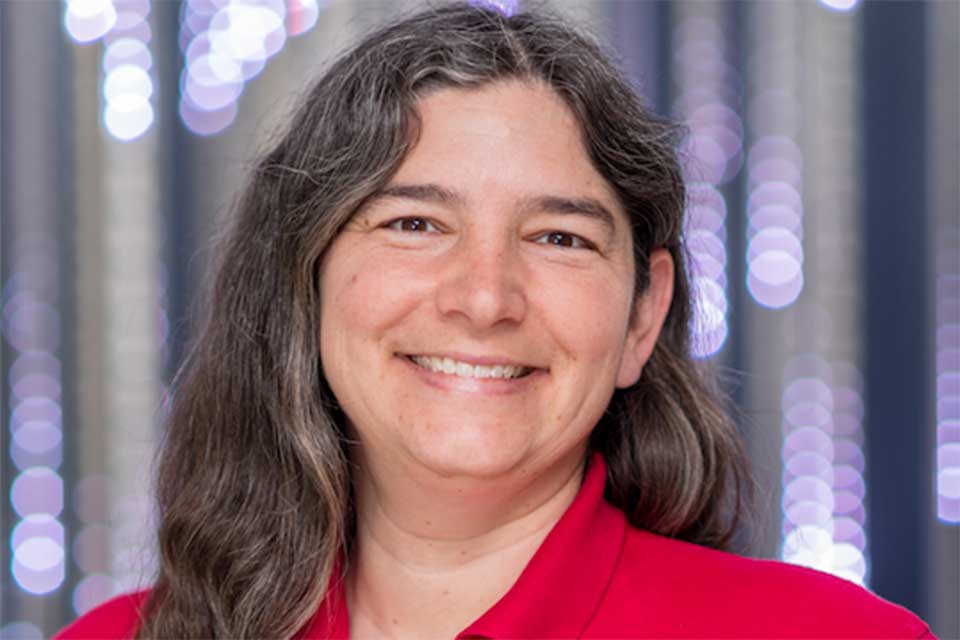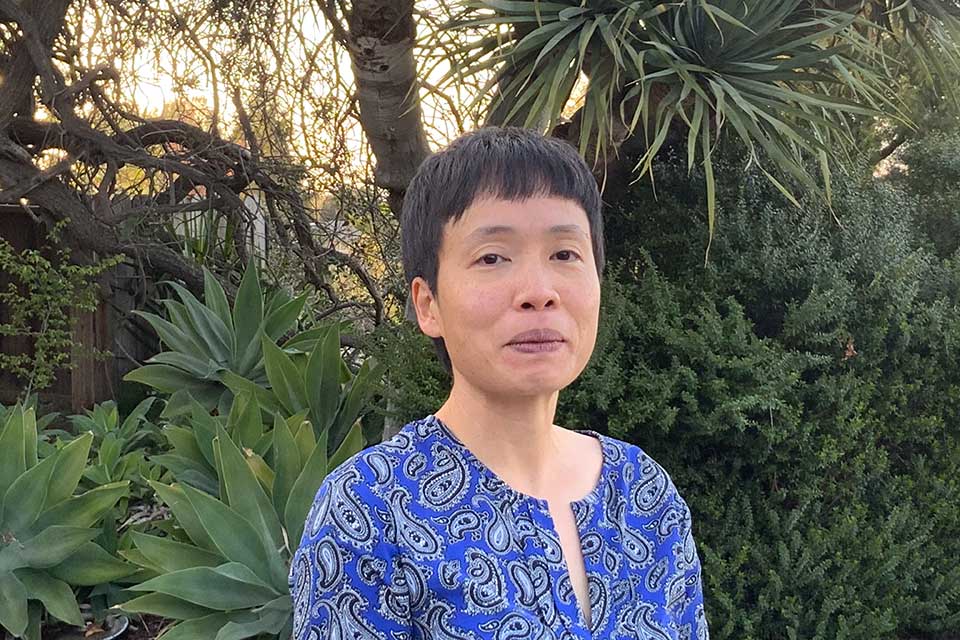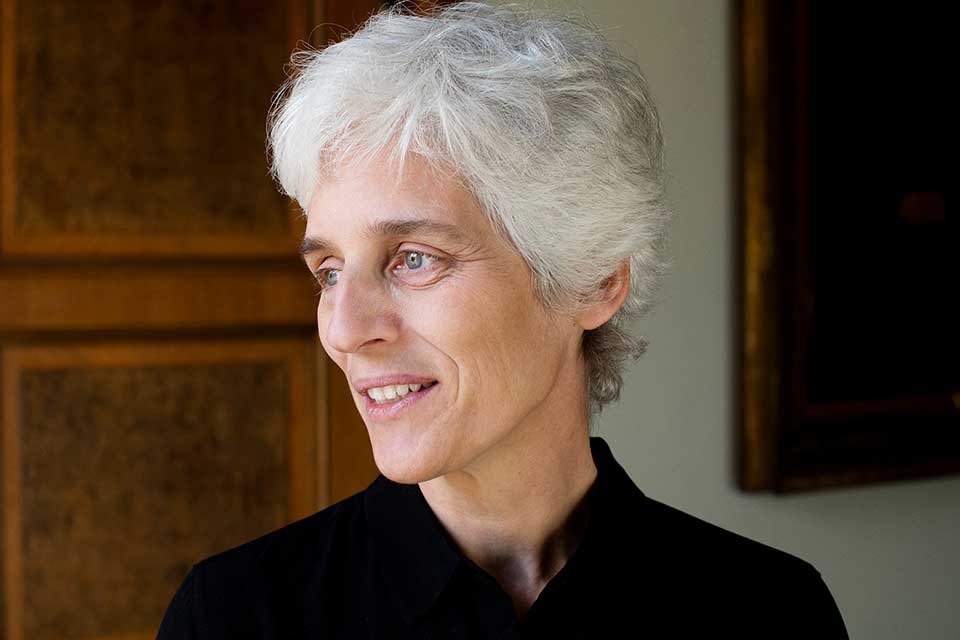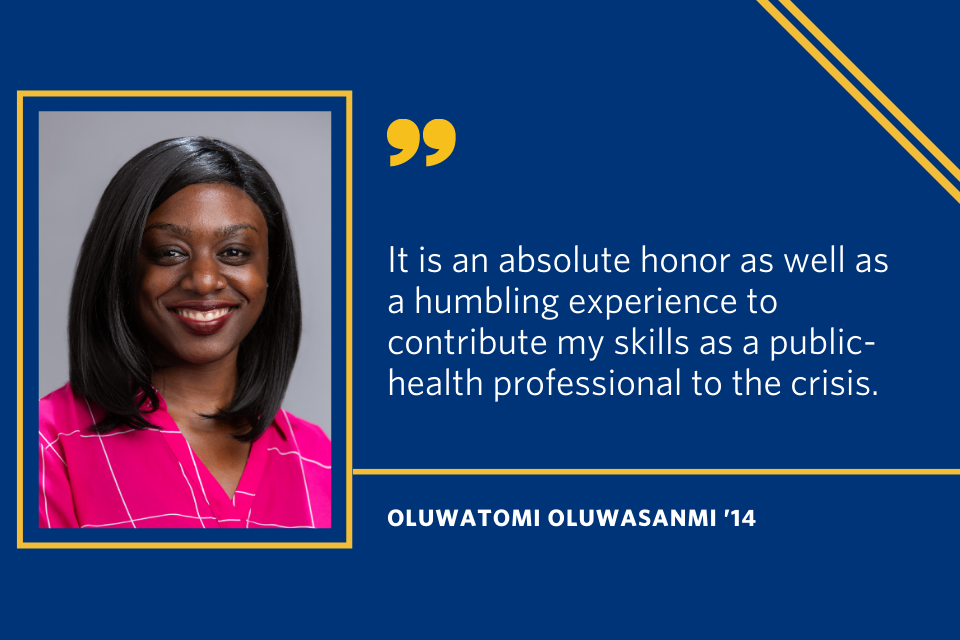Brandeis Alumni, Family and Friends
Inspiring Others to Reach for the Stars: Rachel Zimmerman Brachman ’95
This Women’s History Month, the Brandeis Alumni Association invited perspectives from several alumnae who are inspiring the next generation of scientists.

Rachel Zimmerman Brachman ’95, a space scientist and inventor, has been a public outreach specialist at NASA’s Jet Propulsion Laboratory in Pasadena, California since 2003. She has worked on education and outreach for the proposed Jupiter Icy Moons Orbiter mission, for the Cassini-Huygens mission to Saturn and Titan, and two NASA astrobiology institutes, among many other projects. She coordinated summer internship programs for minority students, manages Project PANOPTES and Exoplanet Watch, two citizen science projects studying planets beyond our solar system, and runs annual international essay contests for middle- and high-school students called “Scientist for a Day.”
After earning her bachelor's degree in physics from Brandeis, where she co-founded the Women in Science Club, she received a master’s degree in space studies from the International Space University in Strasbourg, France. Brachman has received international recognition for her innovations in the field of assistive technology, and serves on the board of Science Education for Students with Disabilities.
At the age of 12, as a sixth-grader in London, Ontario, Canada, she invented computer software to make it easier for non-speaking people with cerebral palsy and other disabilities to communicate independently via computer. She credits her parents, Walter ’69 and Linda (Leonard) Zimmerman ’69, with being her first role models.
She was invited by the Brandeis Alumni Association to reflect on her career in STEM and on the part her Brandeis experience played in shaping her professional path.
I'm a space educator, inspiring the next generation of explorers. I work at NASA's Jet Propulsion Laboratory in Pasadena, California, on projects ranging from Earth and exoplanet citizen science to international essay contests about moons of the outer solar system for students in grades 5-12.
I love being able to make a difference in people's lives. I love learning about NASA's missions to explore the Earth, the solar system, and the planets beyond our solar system, and sharing what I know with students, teachers, and the public. I spent 11 years working on the Cassini mission to Saturn, and seeing the new pictures of Saturn and its rings and moons every day has been inspiring as well.
I did science fair projects every year from first grade through the end of high school, whether or not my school had a science fair, and I went to the Canada-Wide Science Fair and the World Exhibition of Achievements of Young Inventors with my projects. I have always been curious about the world around me, asking questions and trying to find answers, whether it be through research or experimentation.
As a physics major at Brandeis, I learned how to think like a scientist. I decided to study at Brandeis because although I wanted to major in physics, I also wanted to get a well-rounded education. I was able to take classes in literature, anthropology, history of science, French, Hebrew, and studio art in addition to my physics, math, and computer science classes.
I had so many classes at Brandeis that I still remember today, 25 years later. Bulbul Chakraborty was my only female physics professor. I loved my space physiology and medicine course taught by James Lachner, and the “Images of the Cosmos” and “Women in Science” courses taught by Steve Harris. One of my mentors was Robert Lange, a physics professor who taught me the importance of helping students who didn't have the same opportunities I did growing up, so that they would have a chance to pursue studies in science at the university level.
STEM careers open many doors to exciting careers, and we need as many scientists as possible to solve global problems like reversing climate change, creating renewable energy, and curing diseases. We challenge ourselves to take the difficult classes, as President John F. Kennedy said, "not because they are easy, but because they are hard."









